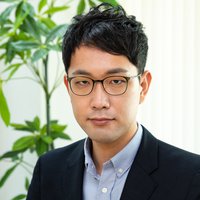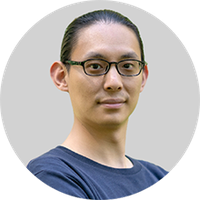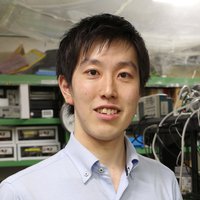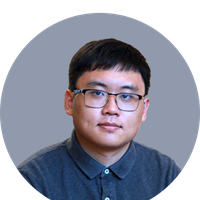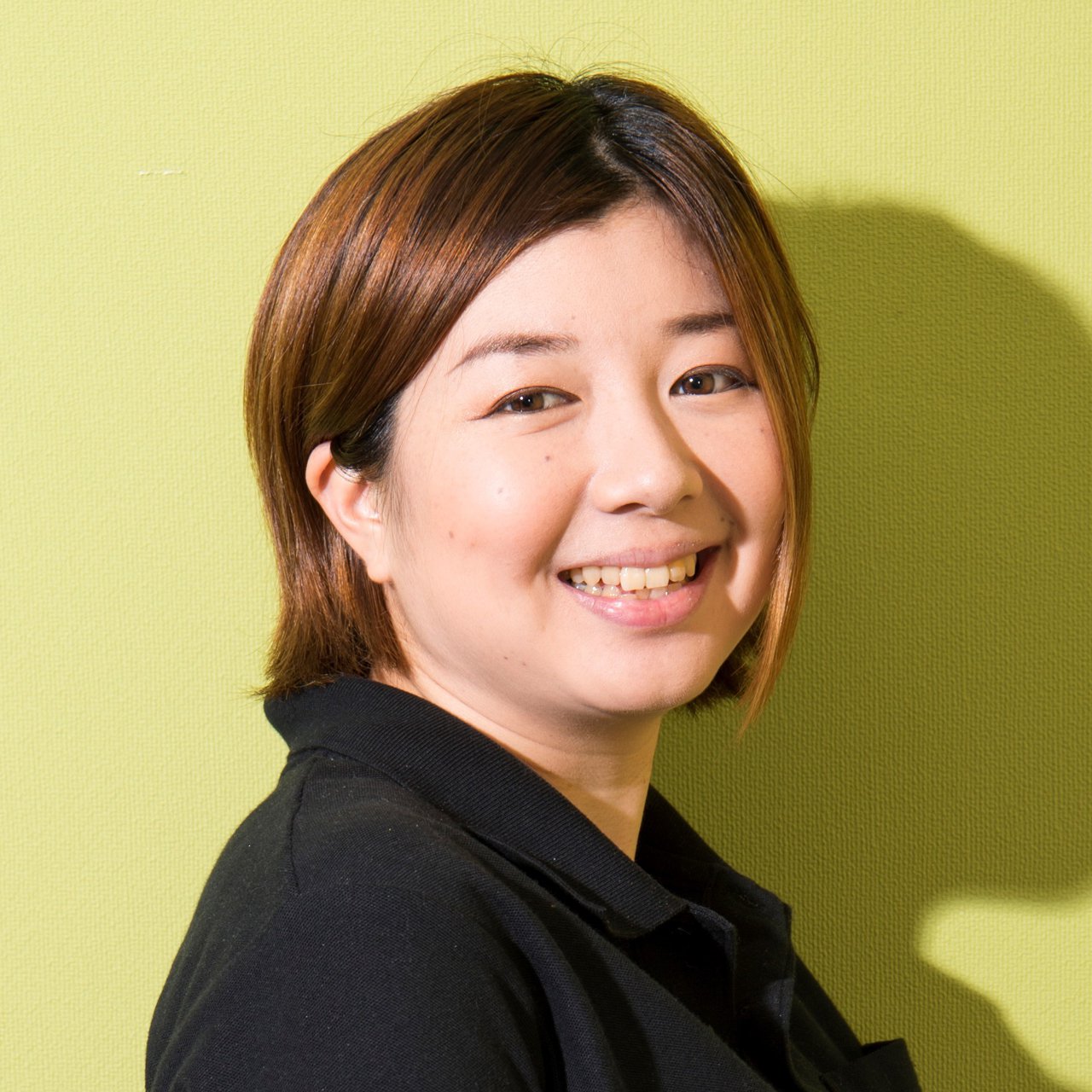As of September 2021 presently, Japan is the world's most aged society, with 29.1% of the total population aged 65 and over. This rate will continue to rise and is expected to exceed 35% by 2040. Combined with the declining birth rate, the shortage of human resources in the nursing care field is already a serious problem.
Yoshimi Wie, who entered the Department of Advanced Robotics at the Chiba Institute of Technology with the clear intention of introducing robot technology to nursing care, has been working on using technology to reduce the burden of excretion care, a significant burden in the field of nursing care.
In 2011, while still in school, she started her own business to commercialize her research theme of excretion sensors. As a manager, she raised funds and formulated and implemented business strategies, while also engaging in development as an engineer herself. Helppad, developed by Wie and her team, is a device that uses sensing technology and artificial intelligence (AI) technology to detect excretion based on the smell of stool and urine. As it can be used simply by laying a special water-absorbing sheet on the bed, there is no need to attach any devices to the body, and it can be implemented with minimal effort. In 2019, it was commercialized together with Paramount Bed, a major nursing bed manufacturer.
By identifying the excretion patterns, the lifestyle patterns of the elderly can be understood. If the right care can be given at the right time, the burden on the caregiver will be reduced, and the QOL (quality of life) of both parties will be improved. On the other hand, since excretion data is related to the dignity of the elderly, it was extremely difficult to find nursing homes that would understand and cooperate in obtaining data. Therefore, in parallel with starting the business, Wie obtained a nursing care qualification and worked as a nursing care worker on weekends for three years to understand the needs of the field. In the process, she gained the trust of people in the nursing care field and was able to find nursing care facilities willing to cooperate in the development.
Currently, based on the information collected from the nursing care IoT sensors, they are developing a system that uses AI to recommend the most suitable nursing care schedule by matching the life cycle of the elderly, mainly excretion, with the work cycle of the nursing care site. In the future, the company intends to consolidate nursing care know-how from the collected data to create a society where anyone can provide nursing care.
